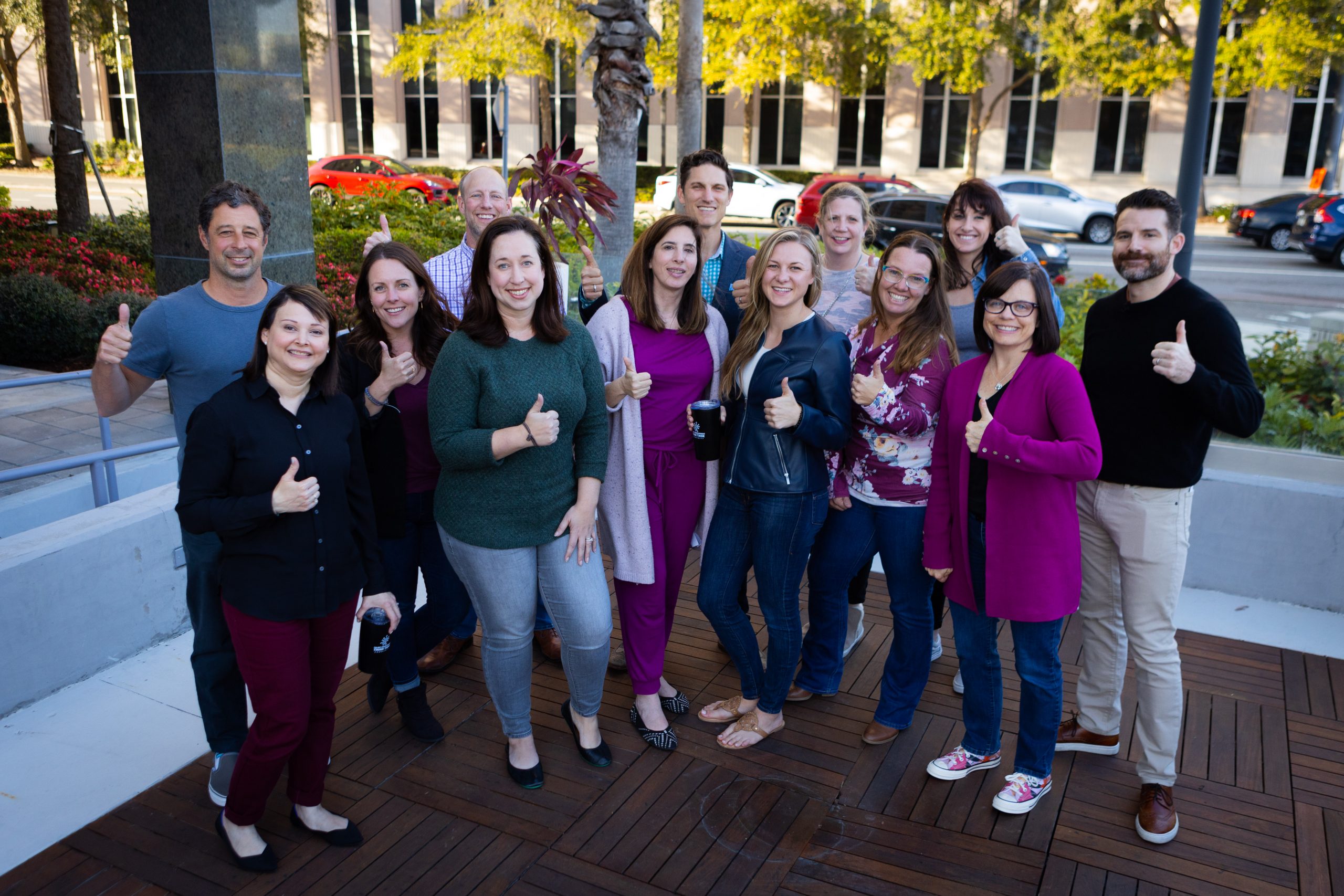The Mindset Gap: Transforming Approaches to Talent Development with Heli Nehama Ozery
Do you find your organization's training programs are hitting a wall when it comes to effectiveness? Perhaps it's time to address the underlying mindset before diving into skill development. In a compelling episode of the Talent Development Think Tank Podcast, host Andy Storch sits down with Heli Naham Ozery, an expert in leadership and organizational success, to discuss the transformative power of mindset shifts. Here are key takeaways on how to evolve training programs to drive performance improvement:
Connect Before You Correct
Building the right connections is the foundation to any meaningful mindset change. Heli Naham Ozery encourages talent development professionals to reach out and connect with her on LinkedIn for deeper insights. Similarly, Andy urges listeners to forge connections as they lead to broader perspectives.
Understand the Importance of Mindset
Heli’s military experience in Israel informs her approach, where mindset-focused training is paramount. Like a sales team overcoming negative associations with their roles, she emphasizes the necessity of shifting perspectives—from viewing sales as manipulation to creating a win-win scenario.
Identify Gaps Strategically
Success in training programs begins with identifying where the gaps lie, be it in knowledge, skill, or mindset. Use tools such as interviews and listening to sales calls to pinpoint these areas accurately.
Create a Safe Environment for Discussion
A significant shift can't occur without open discussion. Heli recommends cultivating a safe space where issues can be addressed candidly—this is where the real alignment happens.
Utilize Experiential Learning Techniques
Drawing from her military background, Heli underscores the superiority of experiential learning over traditional lectures. Activities like role-playing and interactions ensure that training is not only retained but also applied effectively.
Tackle Leadership First
Leadership sets the tone for organizational culture. Address mindset gaps, especially in leadership roles, to empower the entire organization. This approach results in better prioritization and ownership of time.
Connect Training to Real Work
Ensure that your training programs are directly applicable to the fieldwork. The less the gap, the more engaged learners are, and the more they can immediately apply what they have learned.
Keep the End Goal in Sight
Andy echoes Heli's emphasis on behavior change as the ultimate goal of training programs. Keep this in mind as you structure and execute your learning initiatives.
By applying these steps, you can empower your organization to break through barriers, foster essential mindset shifts, and pave the way for tangible performance enhancement. Remember, it's not just about training—It's about developing a well-rounded approach that starts with the mindset.
Be sure to listen to the full episode on the Talent Development Think Tank Podcast!
Heli Nehama Ozery is the founder of Artemis Organizational Development, an innovative consulting firm focused on leadership development and organizational success. With over a decade of experience, Heli helps organizations navigate the changing landscape of business and work by designing mindset shifts that enhance performance and deliver extraordinary results.
Through her practical and effective methods, Heli enables teams and individuals to transform learning into actions instantly, driving productivity and tangible business outcomes.

Listen to the podcast episode here:
Join us in the Think Tank Community!
The Talent Development Think Tank Community is where talent development professionals come together to share best practices, discover the latest trends, hear from experts and solve challenges so that they can perform better in their jobs and help their companies develop their people more effectively. If you are looking for new ways to engage and develop your people and accelerate your career success, this is the place for you. We have two levels to accommodate the different phases of where you are in your talent development career and journey.

